Australia agrees to pay Pacific nation of Nauru US$1.62 billion to house deportees.
Australia has agreed to pay the tiny Pacific nation of Nauru A$2.5 billion (US$1.62 billion) over three decades to host deported non-citizens, with accommodation for the first deportees already prepared, Australian officials said on Wednesday.
Prime Minister Anthony Albanese’s center-left government is expected to pass a law on Thursday making it easier to deport non-citizens to third countries, reviving criticism from human rights groups that it was “dumping” refugees in small island states and drawing comparisons with U.S. President Donald Trump‘s immigration policies.
Australia signed a deal last Friday with Nauru to resettle people who have been denied refugee visas because of criminal convictions. The United States is seeking Pacific Island nations willing to accept deported non-citizens.
The planned new law removes procedural fairness when Australia deports a non-citizen to a third country and is designed to limit court appeals, the government said. It is expected to pass in parliament after the conservative opposition Liberal Party said it would support the move.
Australia will pay Nauru an upfront A$400 million to establish an endowment fund for the resettlement scheme, plus A$70 million annually for the 30-year life of the agreement, Australian officials told a parliamentary committee.
The funds can be clawed back by Australia if Nauru decides not to accept as many deportees as expected, the home affairs officials added.
Nauru was already involved in Australia’s policies on immigration: two-thirds of its revenue last year, or A$200 million ($129.96 million), came from hosting an Australian-funded processing center for asylum seekers.
Under a decade-old policy to discourage people smuggling, Australia sends asylum seekers who arrive by boat to offshore detention centers to have refugee claims assessed, denying them Australian visas. The practice has been criticized by the United Nations Human Rights Committee.
Nauru, which has a population of 12,000 and a land area of just 21 square km (eight square miles), is reliant on foreign aid, and faces a 2025 deadline to repay Taiwan A$43 million ($27.94 million) after switching diplomatic ties to Beijing, according to budget documents.
New scheme covers different group
The new Nauru resettlement scheme will cover a different group, whose visas were canceled by Australia because they served prison sentences or were refused visas on character grounds, and cannot return to countries including Iran, Myanmar and Iraq because of the risk of persecution.
Australia’s High Court ruled in 2023 that indefinite immigration detention was unlawful, resulting in around 350 non-citizens being released into the community, with a third subject to electronic monitoring.
One of this group, a 65-year-old Iraqi man, lost a High Court appeal against deportation to Nauru on Wednesday.
Australia will apply to Nauru for visas for the non-citizens “on a rolling basis commencing fairly soon,” the official told a parliamentary committee.
When a visa is approved by Nauru, the individual will be detained in Australia to prepare for deportation, she added.
The president of the Law Council of Australia, Juliana Warner, said on Wednesday the deportation law was “troubling” because it could put those sent to Nauru at risk of not receiving necessary healthcare, and is being rushed through parliament without adequate public scrutiny.
Several independent lawmakers said they were concerned it could be applied more widely than the 350 released by the High Court decision, with up to 80,000 people in the community without a visa.
Home Affairs Minister Tony Burke declined to comment on the 80,000 figure, and has said the law change is needed to maintain the integrity of the migration system.
The move was “absolutely Trump-like,” said Jana Favero, the deputy chief executive of the Asylum Seeker Resource Centre.
Independent lawmaker Monique Ryan told parliament that Australia was “using a small island nation as a dumping ground.”
(Reporting by Kirsty Needham in Sydney. Editing by Michael Perry and Frances Kerry)
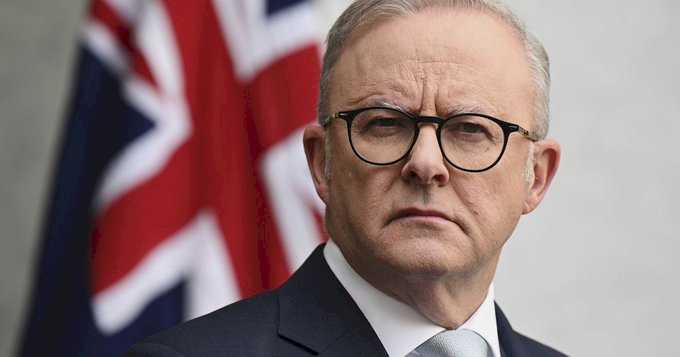




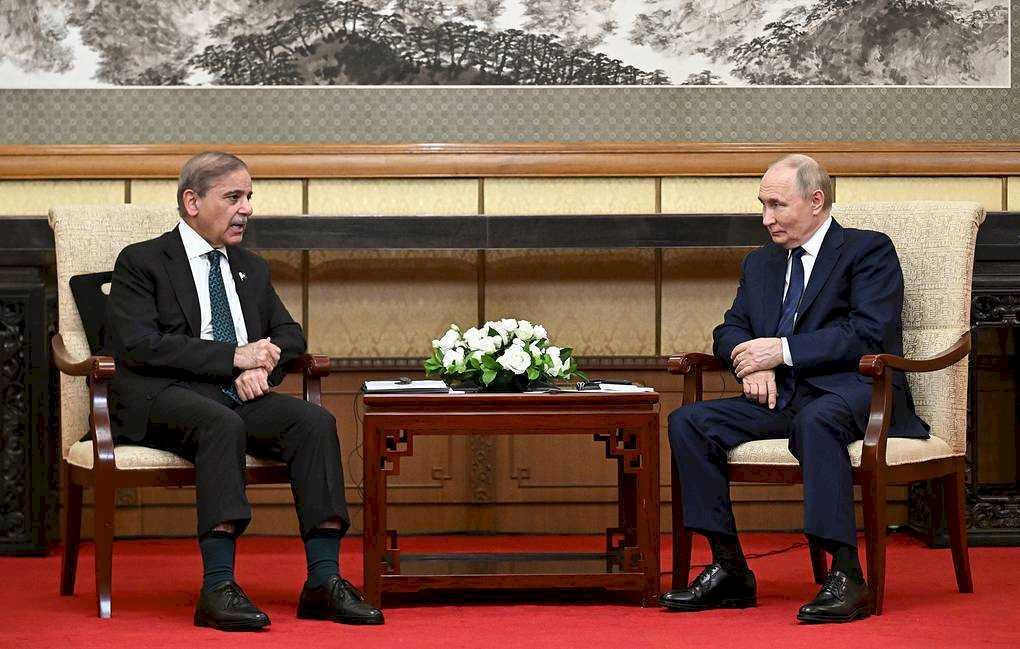

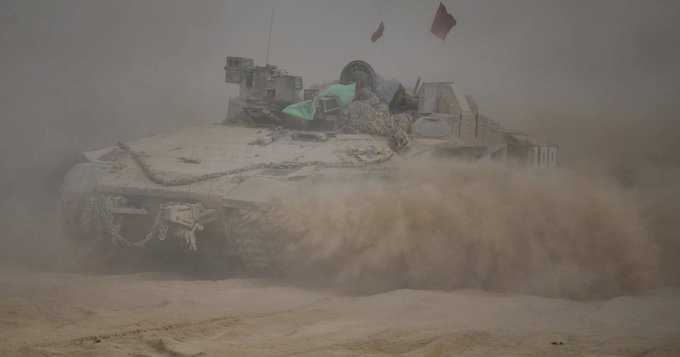
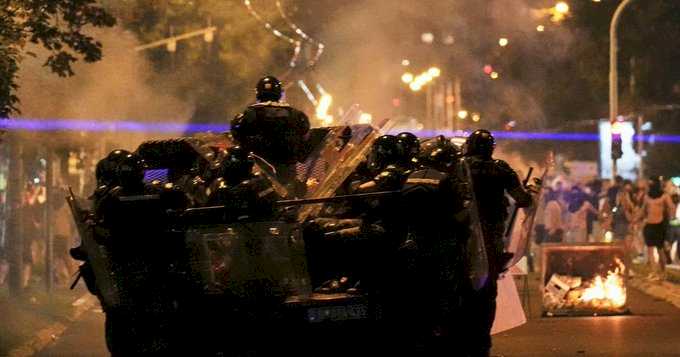
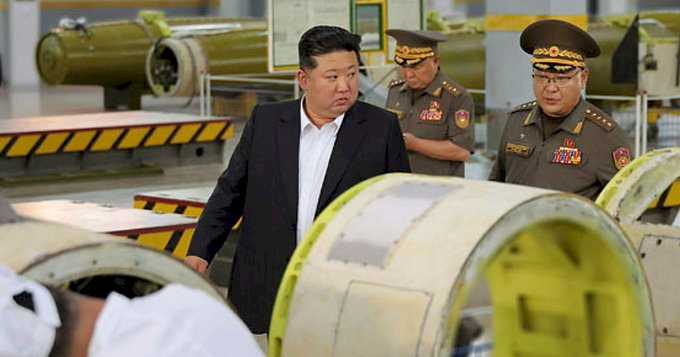
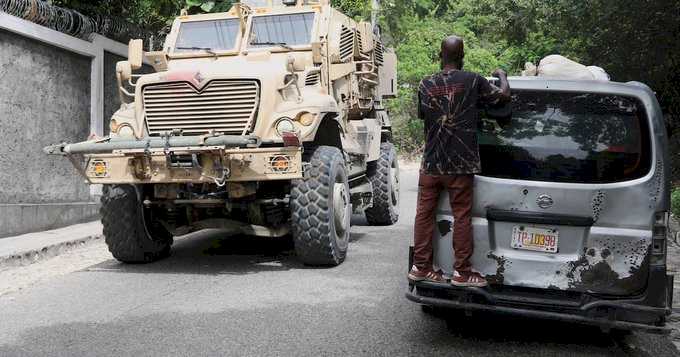

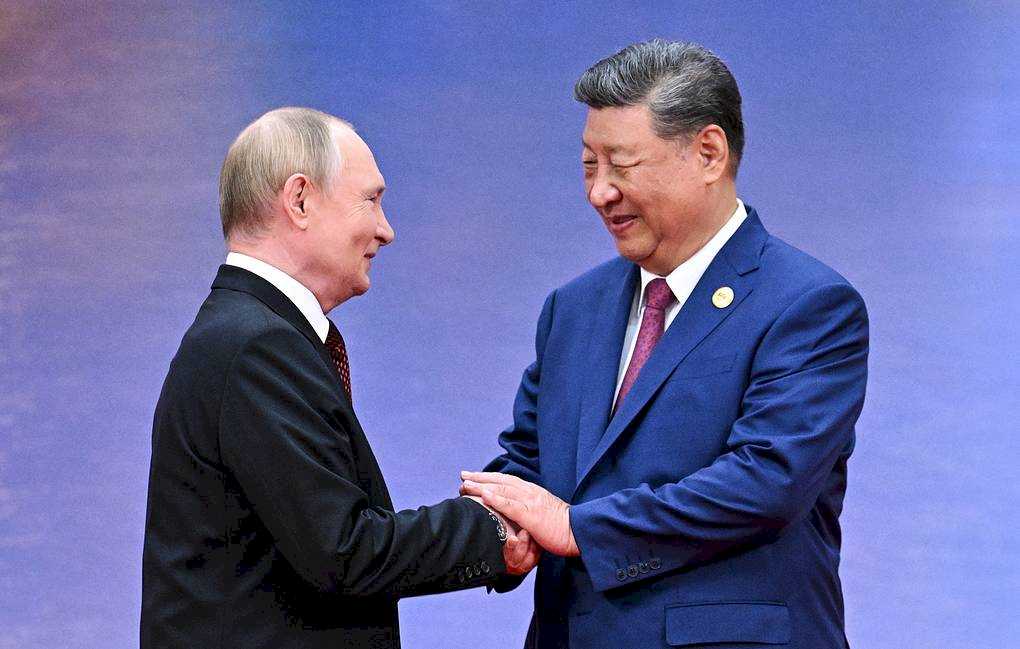




Global News on Umojja.com